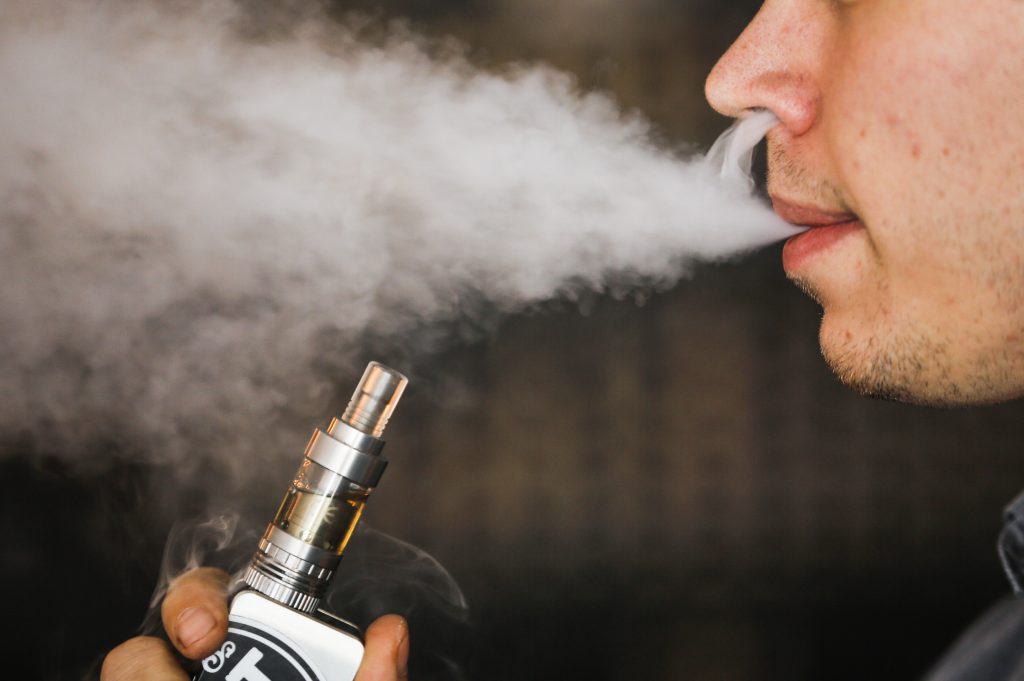In a resolute move to prioritize public health, Mexican President Andres Manuel Lopez Obrador has recently unveiled plans to introduce legislation banning e-cigarettes and vapes before his term concludes in 2024. This decision follows the Supreme Court’s overturning of his previous attempt to outlaw the sale of these increasingly prevalent electronic nicotine delivery systems (ENDS).
During a routine news conference on Monday, President Lopez Obrador underscored the well-established adverse health effects linked to e-cigarettes and vapes. “It’s proven they’re bad for your health,” he declared, signaling the administration’s unwavering commitment to the well-being of the Mexican population. The President’s announcement comes on the heels of Mexico already possessing one of the world’s most stringent anti-tobacco laws, having passed a sweeping bill in January that enforced a comprehensive ban on smoking in public places, extending even to public streets.
Moreover, Mexico has positioned itself at the forefront of the global movement against vaping by implementing a ban on the import of e-cigarettes. This proactive stance reinforces the nation’s commitment to curbing the proliferation of these devices. The decision aligns with a worldwide trend as countries increasingly adopt stricter regulations on vaping products due to their rising popularity, especially among young people.
The health implications associated with e-cigarettes and vapes have become a focal point in the international conversation surrounding tobacco alternatives. Research has shown that while e-cigarettes may be less harmful than traditional cigarettes, they are not without health risks. The inhalation of aerosols produced by these devices exposes users to a mix of potentially harmful substances, including nicotine, formaldehyde, and acrolein.
Notably, the long-term health effects of vaping are still not fully understood, with ongoing studies exploring potential links to respiratory issues, cardiovascular problems, and adverse effects on brain development, particularly in young users. Concerns have intensified as reports of severe lung injuries associated with vaping, often referred to as EVALI (E-cigarette or Vaping Product Use-Associated Lung Injury), have emerged globally.
The rise of e-cigarette use among youth has become a pressing concern for health authorities, leading to a wave of regulatory responses worldwide. The nicotine content and appealing flavors of these products have contributed to their popularity, making them attractive to a demographic that might otherwise have avoided traditional tobacco. President Lopez Obrador’s proposed legislation aims to address this burgeoning public health challenge by restricting access to these potentially harmful products.
Australia, in a similar vein, announced last month a comprehensive import ban on e-cigarettes, aligning itself with the growing global consensus that demands decisive action against vaping. As nations grapple with the evolving landscape of tobacco alternatives, Mexico’s proactive approach signals a turning point in the fight against the health risks posed by e-cigarettes and vapes.
As discussions surrounding the proposed legislation unfold, the world watches with anticipation to see how Mexico’s initiative will impact the broader international conversation on the regulation of ENDS. President Lopez Obrador’s commitment to safeguarding public health sets a noteworthy precedent, challenging nations to reassess their approach to vaping and prioritize the well-being of their citizens in the face of a rapidly changing tobacco landscape.



